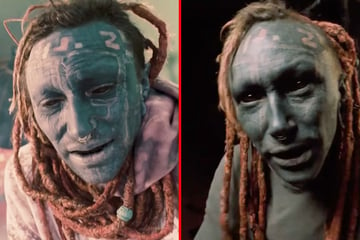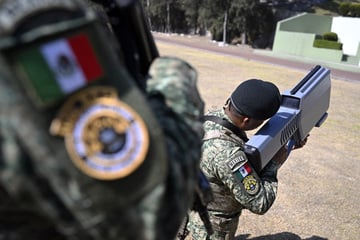US issues "don't travel" alert to Bangladesh amid deadly response to student protests
Dhaka, Bangladesh - The US State Department warned Americans on Saturday not to travel to Bangladesh and said it would began removing some diplomats and their families from the country.
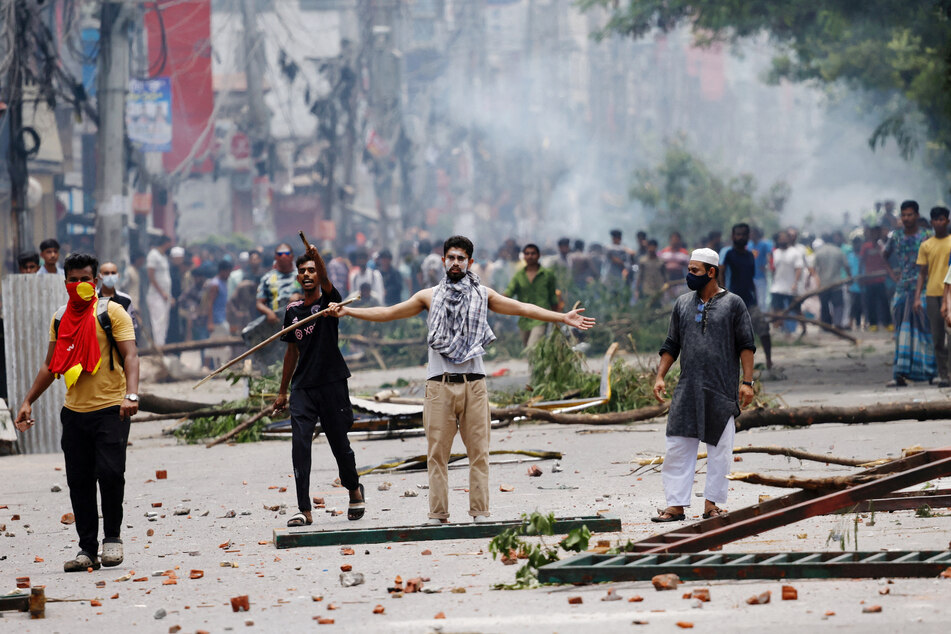
"Travelers should not travel to Bangladesh due to ongoing civil unrest in Dhaka," the department said in an advisory.
The move was an escalation of its advice to "reconsider travel" from earlier in the day.
The State Department is allowing the voluntary departure of non-emergency US government employees and family members, the advisory said.
Bangladesh has been rocked by protests this month calling for an end to a quota system that reserves more than half civil service posts for specific groups.
Bangladesh's top court on Sunday pared back contentious civil service hiring rules but failed to mollify university student leaders.
More than 151 people have been killed in the demonstrations under Prime Minister Sheikh Hasina's tenure.
Bangladeshi students take a stand against discriminatory job quotas
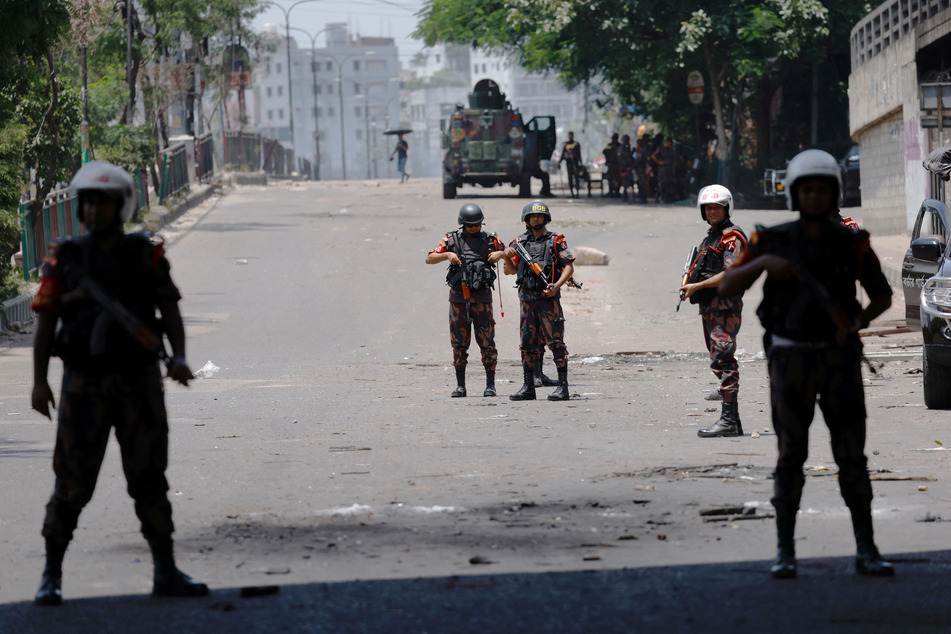
Soldiers are patrolling cities across Bangladesh, while a nationwide internet blackout since Thursday has drastically restricted the flow of information to the outside world.
The Supreme Court was due to decide next month on the legality of the recently reintroduced scheme that reserves more than half of government jobs for select applicants, but brought forward its verdict as the civil strife intensified.
It decided that a lower bench's order last month to reintroduce the scheme was "illegal," Bangladeshi Attorney General A.M. Amin Uddin told AFP.
Shah Monjurul Hoque, a lawyer involved in the case, told AFP that the court had also asked protesting students "to return to class" after issuing its verdict.
The ruling curtailed the number of reserved jobs, from 56% of all positions to 7%, but fell short of meeting protester demands.
It reserved 5% of all government jobs for the children of "freedom fighters" from Bangladesh's 1971 liberation war against Pakistan, down from 30%.
1% were reserved for tribal communities, and another 1% for people with disabilities or identifying as third gender under Bangladeshi law.
The remaining 93% of positions would be decided on merit, the court ruled.
The "freedom fighter" category in particular is a point of resentment for young graduates, with critics saying it is used to stack public jobs with loyalists to Hasina's ruling Awami League.
Students had called for the complete abolition of that category, along with other quotas for women and specific districts of the country.
"We welcome the Supreme Court verdict," a spokesperson for Students Against Discrimination, the main group responsible for organizing the protests, told AFP on condition of anonymity.
"But we won't call off our protests until the government issues an order reflecting our demands."
Student protesters demand Bangladeshi prime minister's resignation
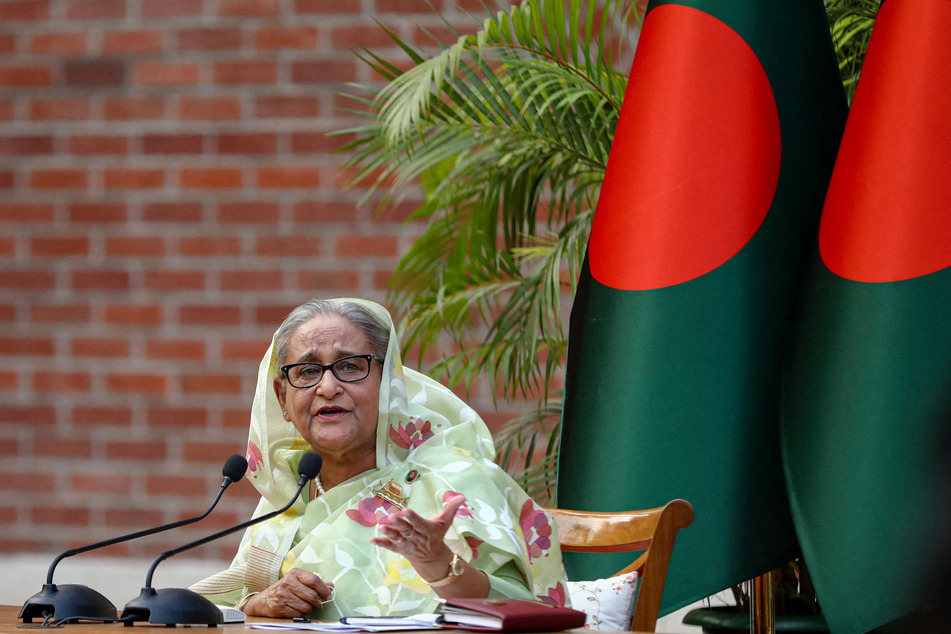
Hasina (76) has ruled the country since 2009 and won her fourth consecutive election in January after a vote without genuine opposition.
Her government is accused by rights groups of misusing state institutions to entrench its hold on power and stamp out dissent, including by the extrajudicial killing of opposition activists.
"It's not about the rights of the students anymore," business owner Hasibul Sheikh (24) told AFP at the scene of a Saturday street protest, held in the capital Dhaka in defiance of a nationwide curfew.
"Our demand is one point now, and that's the resignation of the government."
With some 18 million young people in Bangladesh out of work, according to government figures, the quota scheme's reintroduction deeply upset graduates facing an acute jobs crisis.
Hasina inflamed tensions this month by likening protesters to the Bangladeshis who had collaborated with Pakistan during the country's independence war.
"Rather than try to address the protesters' grievances, the government's actions have made the situation worse," Crisis Group's Asia director Pierre Prakash told AFP.
Cover photo: REUTERS
